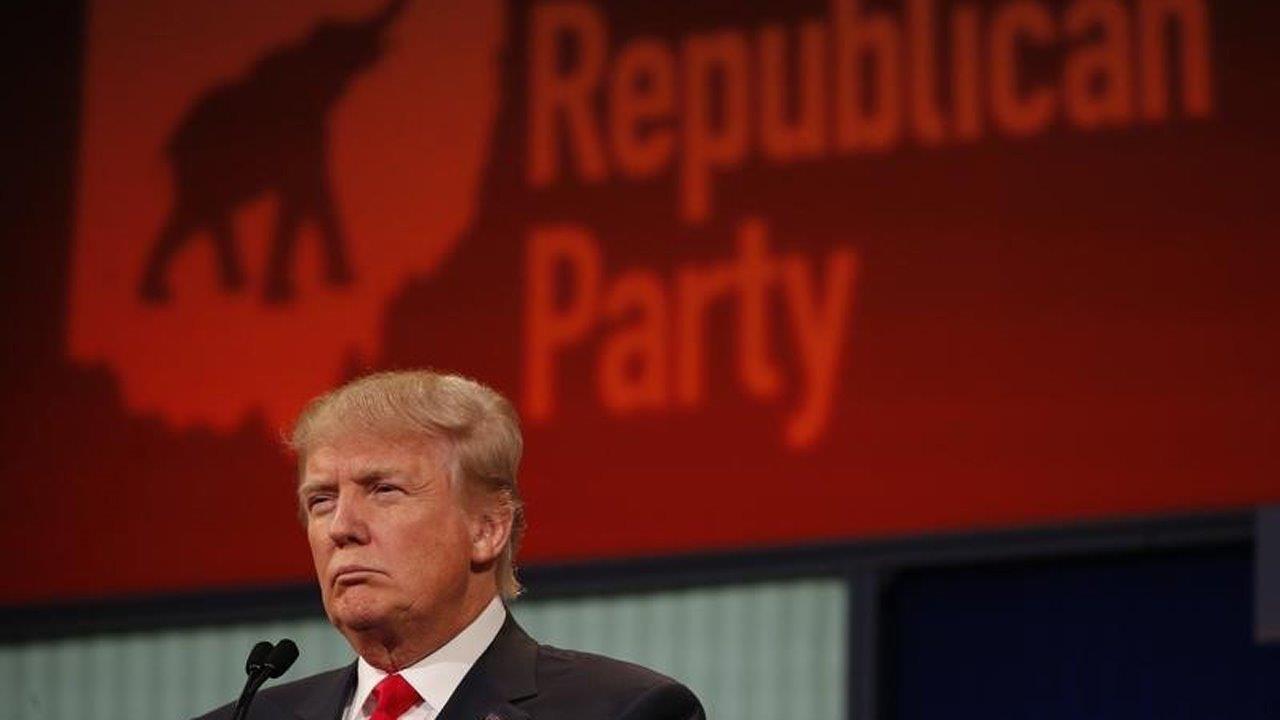The Trump Lesson: Start Listening, Losers
The 2016 GOP primary campaign can be summed up as a missed opportunity for the Republican Party. Quite simply, because it has ignored the cardinal rule in politics: Always respect the voter. Broken promises clearly have consequences.
Since the day he entered the race, Donald Trump has been the main focus of the media, the party establishment and the other candidates running for the nomination. There’s endless conversation about his no-holds-barred comments: what he said about building the wall, what he said about Muslim immigrants and horribly, calling the last Republican President a liar who should have been impeached.
Republican candidates allowed themselves to become wholly distracted by this, too. They looked on in horror at the prospect of having to run against Trump, turning their full energy and attention to responding to “what Trump said.” The most forgotten “also-ran” of this cycle, Governor Scott Walker, gets credit for being the first candidate to take Trump seriously. He got out early and called for others to do so for the good of the party—he saw what the rest of the self-consumed candidates couldn’t see, that Trump was headed to be the inevitable nominee without a massive course-correction from everyone in the race.
The party, or so-called establishment, has failed to realize the most important message. It’s not about Trump and what he’s saying. It’s about what the voters are saying and how many are speaking.
Frank Luntz, the insightful pollster and Fox News contributor, hosted a session for the press, in which he displayed clips of each candidate’s shining and weakest moments. As he measured voter sentiment around each candidate’s positive and negative performance, a clear trend emerged regarding Donald Trump: His supporters, all from wide-ranging and disparate backgrounds, were willing to let him off the hook for even the worst possible statements. To put it bluntly: The only thing they hated more than what he said, were anything related to the establishment.
This is understandable. Why is it shocking to political elites that today’s average voter is angry and not willing to continue to support a system that is failing them on multiple fronts? Clearly, we find fault with the President for helping create this incredibly polarizing environment in America, but our party has also spent eight years saying “no” instead of telling our voters how we get to yes. Many conservative media outlets have ginned up the base, without offering any realistic proposals or solutions, thus setting up false hope and outsized expectations. We’ve forgotten broken promises have consequences.
Every attack focused on Trump is focused on him, instead of focusing on his voters. People know Trump isn’t serious, yet these attacks do not work because his supporters simply don’t care about Trump University or Trump Steaks—they care about someone understanding and feeling their pain. While we disagree with how Mr. Trump goes about empathizing with said pain, we recognize he was earliest and effective thus far at doing so.
While we condemn many of Trump’s flagrant statements, we ask our party to examine our collective hearts and ask ourselves the uncomfortable question: why did his message work while the others failed? Why did the Presidential primary candidates ignore Governor Walker’s call? Why did so many blatantly cozy up to Trump, refusing to take him head on last fall when it could have made a difference? In our quest for power, our arrogance has deceived us from understanding our voters when it mattered most.
No matter if Trump emerges from the convention as the nominee or not, the soul searching should begin. Talk of a party split is passé—it’s already happened. For those who care about conservative principles and policies, we must admit the message hasn’t worked and we can’t just blame the President, we must look inward. As millennials who desperately care about the future of the country and party we will one day govern, we want the voters to know that we do care, we are listening, and we will learn from this election.
Our political discourse is entering dangerous territory. What’s more frightening are the serious issues at hand: ISIS’s continued attacks, Chinese aggression, an emboldened Iran, income inequality, a massive debt and looming entitlement crisis. The GOP would be well advised to start listening sooner rather than later to survive in the long game. Republican voters are demanding change across all areas of government, and they’re louder than ever.
It’s time to start listening, or in the words of the Donald, keep losing.
Matthew Swift is the CEO and co-Founder of Concordia as well as the Founder of Opportunity.us.
Morgan Ortagus is the National Co-Chair of Maverick PAC and a former U.S. Diplomat.
These views are their own and not of their respective organizations.




















